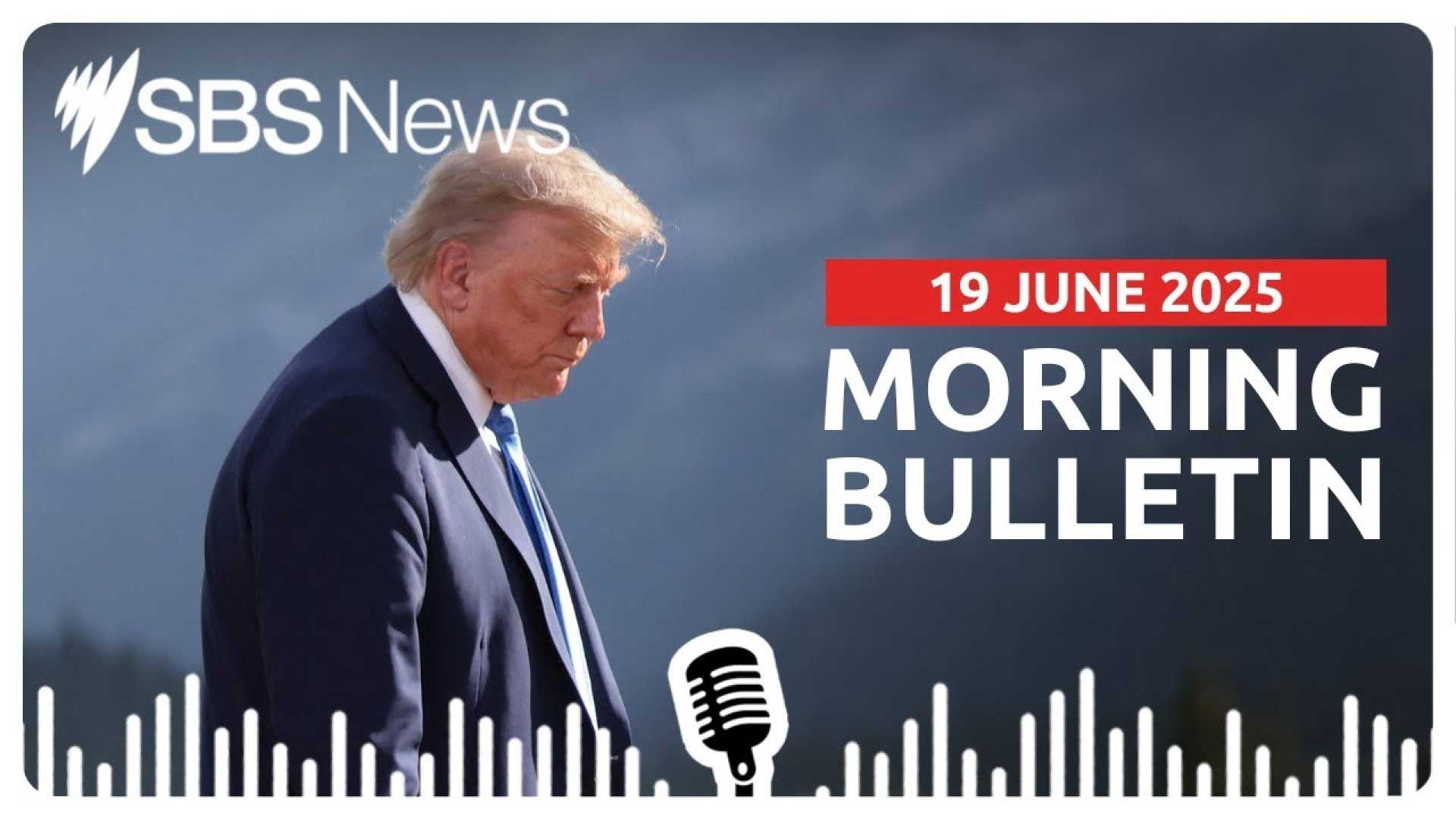Politics
Trump Delays Decision on Iran Strike Amid Intensifying Conflict

Washington, D.C. — President Donald Trump has decided to postpone a military strike on Iran, calling for a two-week pause to explore possible diplomatic solutions amid a worsening situation in the region.
In the past week, Trump’s attention has been dominated by escalating tensions between Israel and Iran, leading him to spend substantial time in the Situation Room, according to aides. However, on Wednesday, he emerged from a meeting not to discuss Iran, but to highlight a construction project involving new flagpoles at the White House.
Trump’s announcement to delay a strike came after consultations with military advisers in the Situation Room. He had ramped up military rhetoric and issued an evacuation warning for Tehran, yet ultimately opted for a diplomatic path.
Many of his advisers believe the additional time allows for discussions with Iran’s leadership and affords space for military evaluation. His team has been actively communicating with Iranian officials to determine if resuming diplomatic relations is feasible.
However, Trump’s rhetoric has fluctuated between threats of military action and conversations about seeking peace. In private discussions, he has expressed concerns that a strike could lead to a prolonged conflict similar to prior U.S. interventions in the Middle East, which the president has aimed to avoid.
Despite significant pressures from his political allies for a strong military response, including phone calls from GOP Sen. Lindsey Graham, Trump has remained cautious. His position reflects a broader uncertainty about the implications of getting involved in a regional conflict with lasting consequences.
Israeli officials are cautious in light of Trump’s new timeline. Previous support for U.S. military involvement has shifted as they weigh the implications of a delayed decision on Iranian nuclear capabilities, particularly with Israel already initiating pre-emptive strikes in Iran.
During interactions with international leaders at the G7 summit in Canada, Trump’s decisions have raised questions about U.S. commitment in the face of critical security threats emanating from Iran’s nuclear ambitions. The Israeli defense community faces pressures of operational impacts as their actions against Iranian targets are closely watched by U.S. intelligence officials.
Trump’s administration continues to balance perspectives from multiple factions, including isolationists who oppose military intervention and those advocating immediate action against Iran. As discussions evolve, Trump’s decisions will outline his strategy to navigate a volatile geopolitical landscape.
The president’s assertion of seeking peaceful resolutions while managing military options illustrates his struggle to define U.S. foreign policy direction amid a complex crisis that could significantly reshape his presidency’s legacy. As he prepares for potential decisions affecting not just the U.S. but global stability, the next two weeks may prove crucial in resolving this critical conflict.












